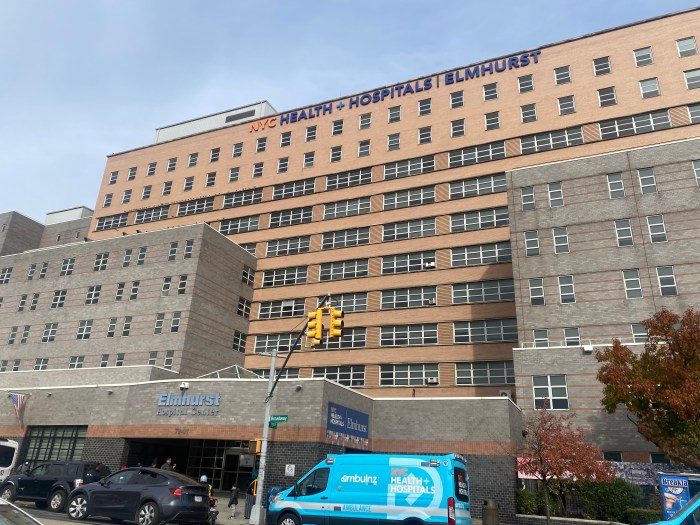BY RONALD A. FATOULLAH, Esq. and STACEY MESHNICK, Esq.
In a recently decided case, a federal district court ruled that a State Medicaid agency may recover the cost of a beneficiary’s medical care from the portion of her personal injury settlement that was allocated to medical expenses regardless of whether the funds were allocated to past or future medical care.
Colorado resident Isabelle Perez was seriously injured at birth and subsequently settled a lawsuit for an undisclosed amount against her doctor and the hospital where she was born. The settlement did not allocate specific funds to past or future medical expenses or for pain and suffering. When Perez settled her case against the hospital, the state asserted a claim for past due medical expenses.
Perez filed suit against the state in federal court seeking a declaration that Colorado’s Medicaid recovery statute violated the anti-lien provisions of the Medicaid Act. She asserted that the state could recover only its costs from the portion of her settlement that was allocated to past medical expenses.
Perez relied on the Supreme Court’s decision in Arkansas Department of Health and Human Services v. Ahlborn to support her arguments. She claimed that Ahlborn allowed recovery only from the portion of the settlement that was allocated to past medical expenses and she proposed using the so-called “Ahlborn formula” to reduce the amount that the state could recover. The state argued that nothing in Ahlborn prevented it from asserting a claim against the entire portion of the settlement that was allocated to medical expenses, regardless of whether those expenses were for past or future care.
The U.S. District Court found that “the Department’s lien . . . under Ahlborn, is consistent with both the third party liability provisions and the anti-lien provisions in the federal Medicaid statute.” In other words, the court decided that Ahlborn does not require that reimbursement to the state for Medicaid expenditures be limited to funds allocated to past medical expenses. Rather, the court indicated that the state may seek recovery of its payments from a Medicaid recipient’s total award of damages for medical care.
An elder law attorney should be consulted before a Medicaid recipient settles a personal injury action so that the settlement will be structured appropriately and fairly.
Ronald Fatoullah is a leading expert in the field of elder law. He is the founder and managing attorney of Ronald Fatoullah & Associates, a law firm concentrating in elder law, Medicaid eligibility, estate planning, special needs, trusts, guardianships, & probate. He is certified as an elder law attorney by the National Elder Law Foundation, and he is the current Legal Committee Chair of the Long Island Alzheimer’s Association. The firm’s offices are conveniently located in: Long Island, Queens, Manhattan & Brooklyn and can be reached at: 1-877-Elder Law 1-877-Estates.
This article was cowritten by Stacey Meshnick, Esq. who heads the Medicaid department at the firm.


































